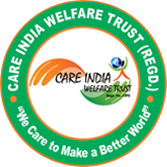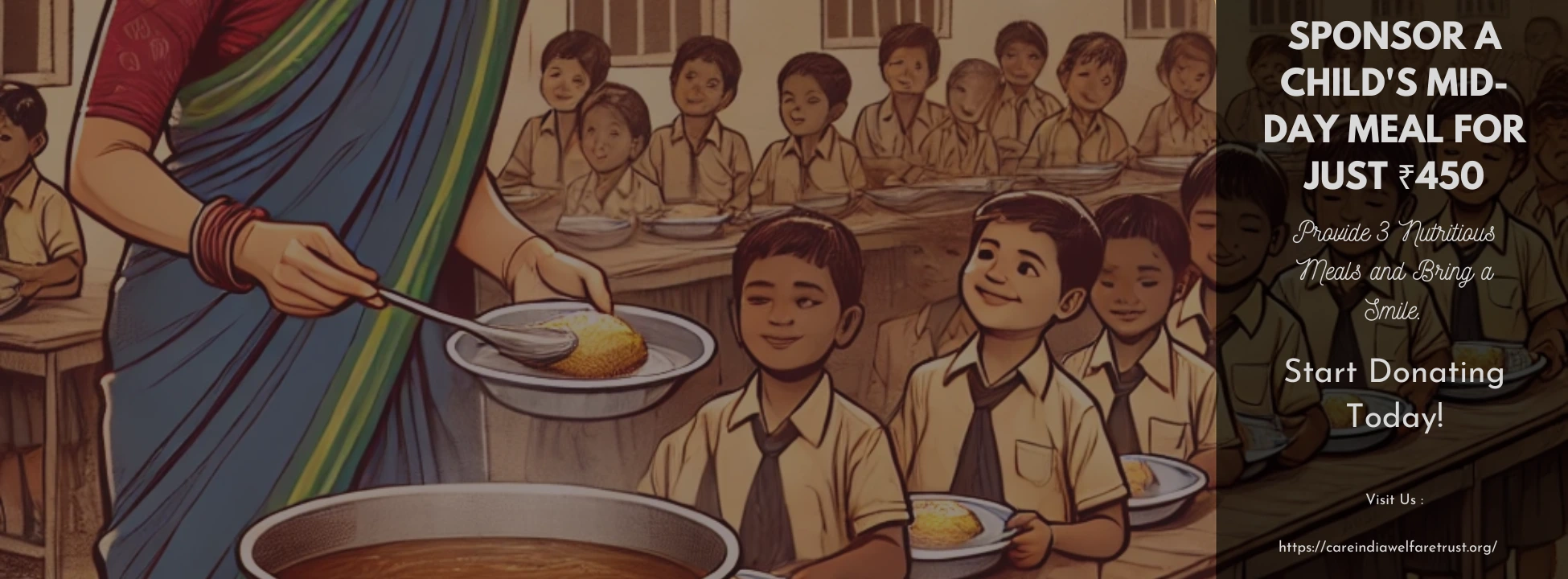Every Child Deserves a Nutritious Meal
A child crawls to school empty-stomached, learning next to impossible. That's hunger, primarily one of the barriers to education for many millions of India's underprivileged children. With the Mid-Day Meal Scheme, a system of free, nutritious meals for school children, the program commenced to deal with this very crisis. But, the success of such a scheme heavily lies on NGOs that operate each day with millions of children.
The Mid-Day Meal Scheme: A Lifeline for Millions
The Mid-Day Meal Scheme is one of the largest school feeding programs in the world and provides children with at least one nutritious meal per day. The mid-day meal programme significantly increases school attendance, learning outcomes, and child nutrition. However, government efforts have only been partially successful, and challenges such as logistical inefficiencies, hygiene, and resource needs persist.
This is where NGOs come in: They help bridge the gaps in implementation with a focus on quality, transparency, and reach.
How NGOs Strengthen the Mid-Day Meal Program
1. Large-Scale Meal Preparation & Distribution
To cut costs on edible food, several state-of-the-art centralized kitchens were established by leading NGOs such as Care India Welfare Trust, Annamrita Foundation, and ISKCON Food Relief Foundation that prepare and supply fresh, clean, and nutritious meals to schools.
These kitchens ensure:
- Commitment to high safety standards
- Nutritionally balanced meals
- Timely delivery to schools in urban and rural areas
2. Nutritional Enhancement & Food Fortification
Many NGOs go beyond basic meals by:
- Seasoning food with important vitamins and minerals to prevent malnutrition
- Adding variety to meals to improve taste and health benefits
- Researching child nutrition to improve meal quality
3. Transparency & Accountability
To tackle corruption and fund mismanagement, NGOs ensure:
- Real-time search for meal distribution
- Strict quality control and hygiene checks
- Collaborations with corporates and donors to support functions
4. Community Engagement & Volunteer Programs
NGOs involve communities by:
- Engaging local women in meal preparation
- Encouraging corporate and individual volunteers
- Spreading awareness about the importance of child food
Success Story: Care India Welfare Trust Impact
One of the largest NGOs involved in the Mid-Day Meal Scheme, Care India Welfare Trust, has played an important role in providing meals to over 2 million children every day across 14 states in India. With over 65 centralized kitchens, the organization guarantees:
- No child goes to school hungry
- Hygienic and nutritious meals reach even the most hidden areas
- Better school enrollment and learning outcomes
How You Can Help
Today, the lives of millions of children on NGOs for their food arrangement. Your contribution can truly make a difference.
Donate to ensure that school children are fed- Donate now.
Help in food distribution as a volunteer.
Encourage participation by spreading awareness.
Conclusion: Be a Part of the Change
Mid-day meal is not just a feeding program, but a dream for millions of children to desire a future without hunger or poverty. Support to NGOs would mean that no child has to choose between education and hunger.
Join the mission. Provide a meal, empower a future. Donate Now
We might indeed help apply the foundation stones for a nation where each child gets to have the necessary nourishments to learn, excel, and take off.
FAQ
What Is Mid Mid-Day Meal Scheme?
An initiative of the Government of India that improves education and health by providing schoolchildren in schools with nutritious meals free of cost is the Mid-Day Meal Scheme.
What Is a Mid-Day Meal?
The mid-day meal program is a scheme in India meant to provide free and nutritious meals to school children to keep them nourished, regular in school, and focused on their studies.


